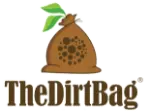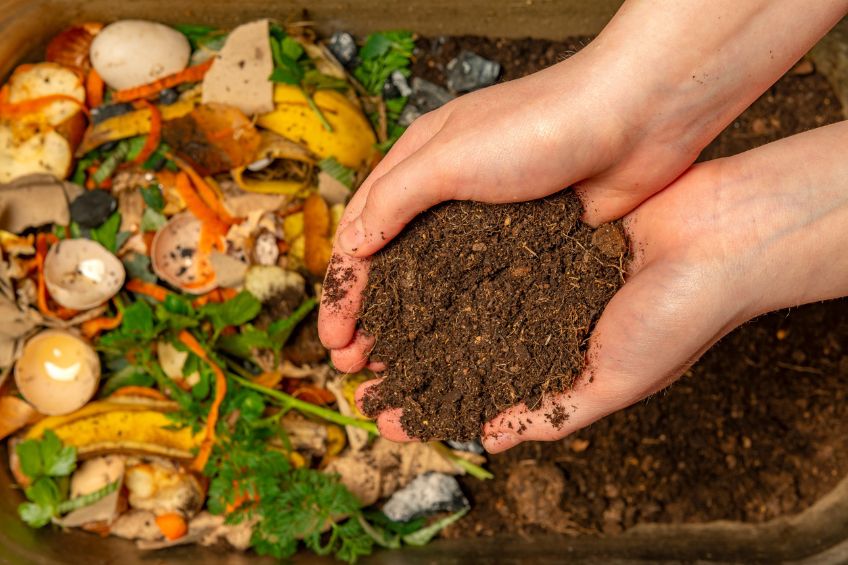

For good reason, compost is frequently referred to as "black gold" by garden enthusiasts. It is a nutrient-rich substance that is left over after organic matter has broken down and enriches the soil to help plants flourish. Compost offers your plants numerous advantages, such as better soil structure, enhanced moisture retention, and a slow-release source of vital nutrients, when you incorporate it into your garden beds.

The decision to purchase compost can be both thrilling and intimidating for a novice gardener. You need to know what to look for if you want to make sure you get off to a good start. When buying compost for the first time, think about the compost's origin, age, and whether or not it has undergone contamination testing. Compost suitable for most garden requirements can be obtained from The Dirt Bag, a reliable local gardening center.
It's critical to identify premium commercial compost. A high-quality compost should smell earthy, have a crumbly texture, and be dark in color. It should be free of weed seeds and big pieces of material. Additionally, any unpleasant smell coming from the compost could be a sign of contamination or incorrect composting. Your senses are the best instruments for determining the quality of compost, therefore trust them.
Buying compost can be derailed by common blunders. Avoid buying immature compost since it can deprive your plants of nitrogen and perhaps harbor infections. Additionally, exercise caution when purchasing compost in bulk without first inspecting or smelling it—pictures can occasionally be misleading. Always inquire about the composition and production process of the compost.
You may create your own compost if you have the time and means. It will take work and careful preparation, though, and it's unlikely that you'll have any usable compost before you plant your spring garden.
Our Organic Mountain Compost at The Dirt Bag is formulated especially to help our local soils. Made entirely of high-quality organic ingredients, such as forest humus, alfalfa, straw, steer dung, and black peat, it helps balance soil nutrients and lessens the need for water, pesticides, and fertilizers. And we deliver as much as you want – even a single cubic-yard bag – to the location you choose.
Composting is an essential part of nurturing a strong connection with your gardening practice. It's evident that you understand the interconnectedness between tending to your garden and properly disposing of waste, resulting in mutual benefits for your plants. Embrace this pivotal moment as a natural progression in your journey as a gardener and appreciate the advantages it brings to your garden and environment.